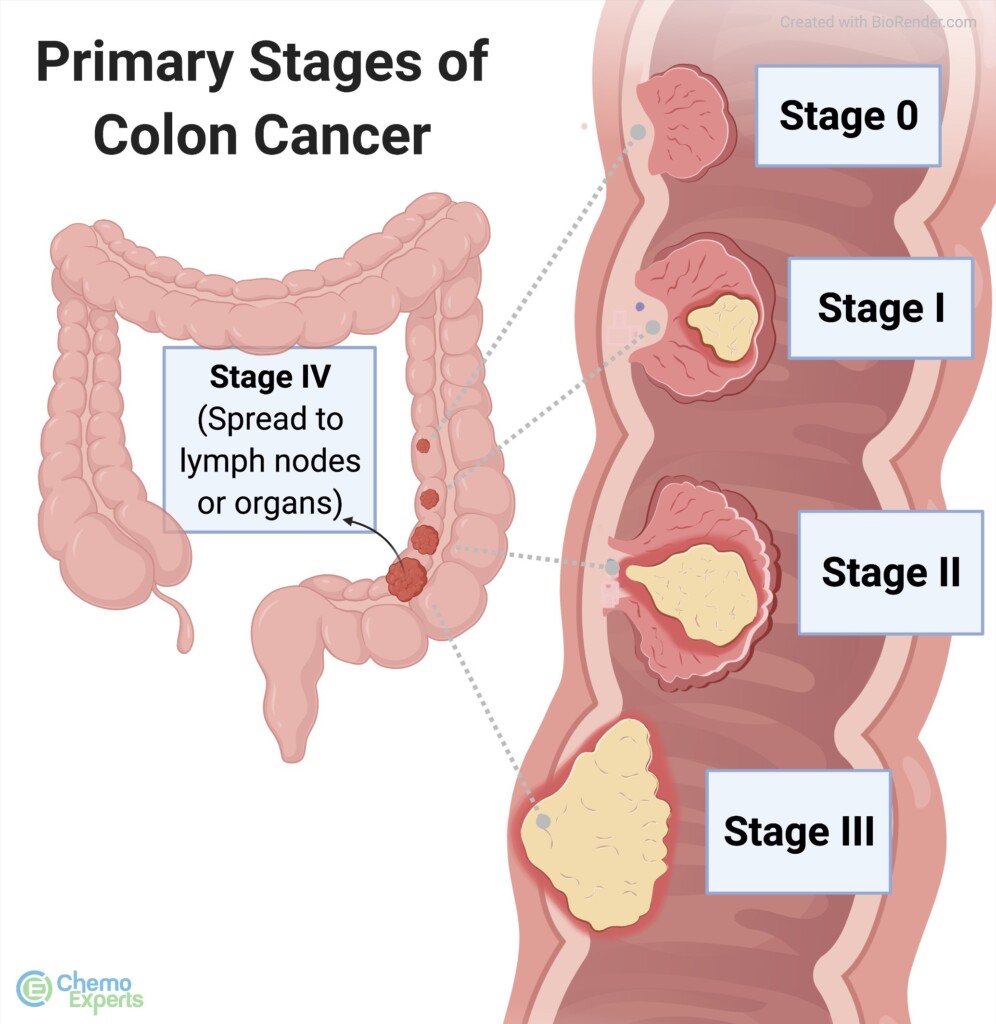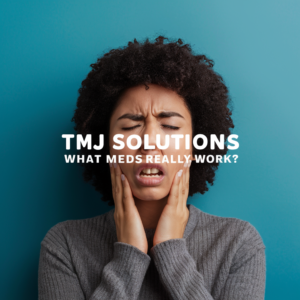Colon cancer is a serious condition that affects the colon or rectum, and early detection plays a crucial role in successful treatment. In this article, we will explore the early signs of colon cancer, risk factors that can increase the chances of developing the disease, available screening methods, and what steps to take if you suspect you may have colon cancer. We’ll also discuss where to seek medical advice and assistance for diagnosis and treatment.

Early Signs of Colon Cancer
Recognizing the early signs of colon cancer can aid in its timely detection and improve treatment outcomes. While symptoms may vary among individuals, some common early signs to watch out for include:
- Persistent changes in bowel habits, such as diarrhea, constipation, or a change in stool consistency.
- Blood in the stool or rectal bleeding.
- Abdominal discomfort, cramps, or pain that persists.
- Unexplained weight loss.
- Fatigue and weakness.
It’s important to note that these symptoms can be caused by various conditions, and experiencing them does not necessarily mean you have colon cancer. However, if you notice any persistent or concerning symptoms, it’s advisable to consult with a healthcare professional for further evaluation.
Risk Factors for Colon Cancer
Several risk factors can increase the likelihood of developing colon cancer. These include:
- Age: The risk of colon cancer increases with age, with most cases occurring in individuals over 50.
- Family history: Having a close relative, such as a parent or sibling, with colon cancer increases your risk.
- Personal history of colon polyps or inflammatory bowel disease (IBD).
- Lifestyle factors: Sedentary lifestyle, poor diet high in red or processed meats, obesity, and smoking can contribute to an increased risk.
- Certain inherited gene mutations, such as Lynch syndrome or familial adenomatous polyposis (FAP).
While these factors can increase the risk, it’s important to remember that colon cancer can affect anyone, even without these risk factors.
Screening for Colon Cancer
Screening plays a crucial role in detecting colon cancer at an early stage or even preventing it altogether. Common screening methods include:
- Colonoscopy: This procedure involves a thorough examination of the colon using a flexible tube with a camera. It allows for the detection and removal of precancerous polyps, reducing the risk of colon cancer.
- Stool tests: These tests, such as fecal occult blood test (FOBT) or fecal immunochemical test (FIT), look for hidden blood in the stool, which can be an early sign of colon cancer.
- Sigmoidoscopy: Similar to colonoscopy, sigmoidoscopy examines the lower portion of the colon and rectum. While it doesn’t evaluate the entire colon, it can still detect abnormalities and polyps.
- Virtual colonoscopy: Also known as CT colonography, this non-invasive procedure uses X-rays and computer technology to create images of the colon, allowing for the detection of polyps or tumors.
The choice of screening method depends on various factors, including age, personal and family medical history, and the recommendation of your healthcare provider. They can guide you in selecting the most suitable screening option.
Taking Action: What to Do
If you suspect you may have colon cancer or have concerning symptoms, it is important to take action promptly. Here are some steps to consider:
- Consult a healthcare professional: Schedule an appointment with your primary care physician or a gastroenterologist, who specializes in digestive system disorders.
- Medical evaluation: Your healthcare provider will conduct a thorough examination, review your medical history, and may recommend further tests or screenings based on your symptoms and risk factors.
- Diagnostic tests: Iffurther evaluation is necessary, your healthcare provider may recommend diagnostic tests such as:
- Imaging tests: These may include CT scans, MRI scans, or ultrasound to provide detailed images of the colon and identify any abnormalities.
- Biopsy: A sample of tissue may be taken for analysis to confirm the presence of cancerous cells.
- Treatment options: If a diagnosis of colon cancer is confirmed, your healthcare provider will discuss treatment options with you. Treatment may involve surgery to remove the cancerous tissue, chemotherapy, radiation therapy, or a combination of these approaches. The specific treatment plan will depend on the stage and extent of the cancer.
Seeking Medical Assistance
When it comes to colon cancer diagnosis, treatment, and ongoing care, it is important to seek the expertise of qualified healthcare professionals. Consider the following options for medical assistance:
- Primary care physician: Your primary care doctor can assess your symptoms, provide initial guidance, and refer you to specialists if needed.
- Gastroenterologist: A gastroenterologist specializes in the diagnosis and treatment of digestive system disorders, including colon cancer.
- Oncologist: If you receive a diagnosis of colon cancer, an oncologist will provide specialized care and guide you through the treatment process.
- Local hospitals and clinics: Visit local hospitals or clinics that have expertise in cancer diagnosis and treatment.
It’s crucial to reach out to medical professionals who can provide personalized advice based on your unique situation.
Understanding the early signs of colon cancer, recognizing risk factors, and undergoing regular screenings are vital steps for early detection and treatment. If you experience persistent symptoms or have concerns about colon cancer, consult with a healthcare professional who can guide you through the necessary diagnostic tests and provide appropriate treatment options. Remember, timely action and expert medical assistance can significantly improve outcomes in managing colon cancer.
As an Amazon Associate we earn from qualifying purchases through some links in our articles.




